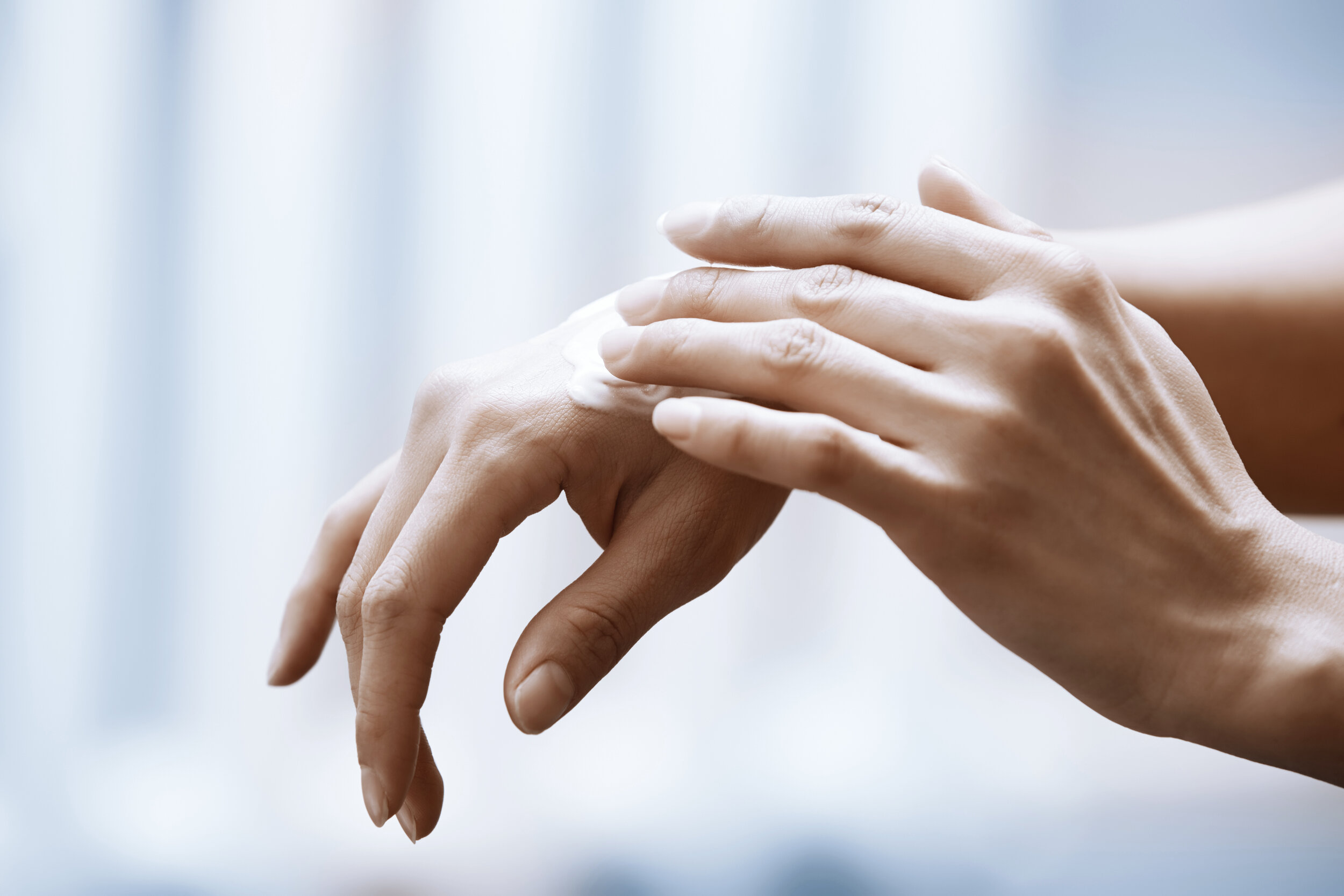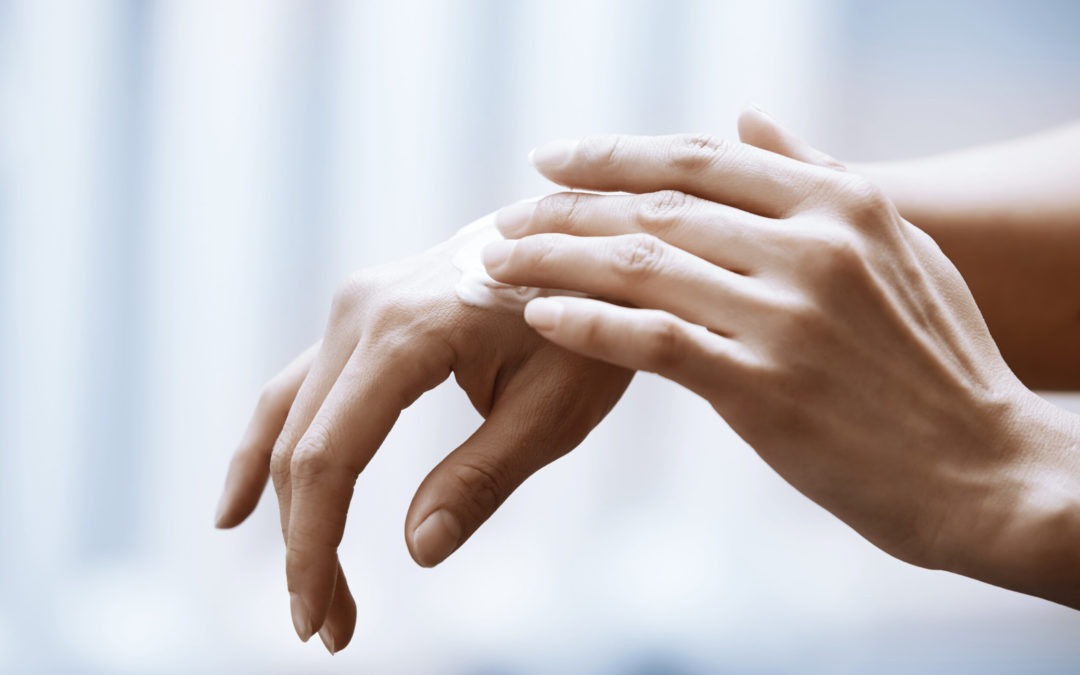
A Buyer’s Guide for Topical CBD Products
If you’re looking to give a CBD lotion, cream or other topical product a try, here are a few tips to make sure you get a reliable, quality product.
1. Be wary of outrageous claims. Just like makers of other health products not regulated by the FDA, CBD product makers are not allowed to say that their product will treat or cure a health problem.
2. Ask for a certificate of authenticity. One way to identify a reliable CBD product is by looking online or asking the company for its certificate of authenticity. This multipage document will tell you the product has been tested by an independent, third-party lab and will give a per-lot or per-batch breakdown of how much CBD the product contains as well as other ingredients.
3. Know what you want to buy in advance. If you make an impulse purchase of a CBD cream or other topical product, you may not get what you hoped. Many times, inexpensive CBD products have no CBD in them at all, according to a recent study in Miami.
4. Talk to your doctor in advance. It’s always a good idea to let your doctor know if you plan to try a CBD product, but it’s especially important if you have an underlying condition that requires you to take medicine daily. In the survey from the Arthritis Foundation, 66% of respondents had talked to their doctor about CBD.
5. Read the label carefully. First, you’ll want to make sure that you aren’t allergic to the other ingredients that are part of the topical product. Second, there may be other ingredient considerations that are important to you, such as paraben-free, American-made and no GMOs.
6. Isolate or full spectrum? Find out if the CBD contained in the product is what’s called an isolate or full spectrum. Full-spectrum CBD is generally more beneficial and more effective at much lower doses than isolate, which may require higher doses.
7. How often? The label also can tell you how often to use the topical product. Typically, the recommended use for topical products is in four- to six-hour intervals.
According to a recent article in U.S. News, everywhere you turn these days, there seems to be a topical product with CBD. From lotions and creams to salves and serums, the addition of CBD appears to be the latest trend in health care and skin care. But are topical CBD products truly effective?
The answer is still not clear, although some people appear to find pain relief from them. Plus, it’s a buyer-beware situation, due to the explosion of CBD-containing topical products that may not have exactly what they advertise.
Short for cannabidiol, CBD is one of more than 100 cannabinoids in the cannabis sativa plant. (THC is the cannabinoid that gives marijuana its high.) Because of its purported health benefits, you can now find CBD in food, drinks, lotions and a whole host of other products. By definition, CBD products contain no more than a 0.3% concentration of THC – thus CBD products won’t cause a “high” feeling.
How Are Topical CBD Products Used?
One of the biggest uses for topical CBD products is for musculoskeletal complaints. A 2019 report from the Arthritis Foundation found that 79% of the 2,600 arthritis patients surveyed had considered using CBD or had already used it. Twenty-nine percent said they currently used it for arthritis symptoms; among those using CBD, 55% used a topical product applied to the joints.
That’s exactly why Eileen Donovan of Ayer, Massachusetts, uses her CBD lotion. According to the U.S. News article, she has osteoarthritis that causes regular aches and pains, and she tried a variety of other oils and pain-relieving patches. She also realized that she’s allergic to nonsteroidal anti-inflammatory drugs, or NSAIDs, which led her to find other sources for pain relief. “I’ll put it on and walk away and think, ‘I don’t have any pain,’” she says. Donovan applies her CBD lotion to her joints about twice a day.
In addition to arthritis, topical CBD products are geared to help people with eczema and psoriasis, says Samantha Morrison, a cannabis researcher at Glacier Wellness, a CBD company in Cedarhurst, New York.
Do Topical CBD Products Work?
Topical CBD products can help address pain or inflammation that’s at a specific area of your body, such as on the joints. The product won’t enter the bloodstream. So a topical CBD product isn’t designed to address systemic problem, but it may help directly on the skin.
Reliable topical CBD products don’t just mask pain or inflammation as some over-the-counter topical pain relief creams do. They actually can make the pain go away for a certain time period, says Matthew Halpert, an instructor of immunology at Baylor College of Medicine in Houston. This is because of the high concentration of cannabinoid receptors on the skin. Cannibinoid receptors are part of the body’s endocannabinoid system, a body-wide system discovered in the 1990s that affects many important functions.
Cannabinoid receptors are present throughout the body and are associated with pain sensation, appetite, immune function, mood and more. The chemicals produced by the body that interact within the EC system are called cannabinoids, and like THC and CBD, they interact with cannabinoid receptors.
Research done by Halpert, in collaboration with the company Medterra CBD in Irvine, California, has found that CBD is able to turn down the production of inflammatory markers like tumor necrosis factor alpha, which is made in overabundance by people who have conditions like rheumatoid arthritis.
Another study published in the journal Pain in 2017 found that prophylactic treatment with CBD stopped pain and hindered the development of more pain in rats with osteoarthritis. However, a group of international rheumatologists concluded in a 2019 report in Expert Reviews and Clinical Immunology that more research is needed into the long-term effects of CBD and other cannabis-related products for rheumatological conditions.
In a small study with 20 patients published in 2019 in Clinical Therapeutics, a CBD ointment used over three months for psoriasis, atopic dermatitis and scars significantly improved symptoms and signs of the skin disorders. As with any small study, larger studies could help confirm results.
The effect of CBD may also vary from person to person. Some find it helps, while others don’t. For instance, a February 2019 study published in Scientific Reports found that cannabis products with higher THC levels were associated with greater symptom relief among more than 3,000 people, but CBD products (with no THC) were not.
https://health.usnews.com/wellness/articles/do-topical-cbd-products-work

